
The iron disks are a signature product of the Xiaguan Tea Factory, and even now, only a few tea factories produce them. However, they are not the mainstream product of the Xiaguan Tea Factory. Before 1988, they were not produced on a large scale as a primary export product. Samples from the 1950s and 1960s have been preserved, but it is difficult to find them in the market. There was some production in the 1970s, but the quantities were not significant.
During the planned economy era, the major state-owned tea factories in Yunnan had different production responsibilities. Menghai Tea Factory mainly produced round tea cakes, Kunming Tea Factory produced brick teas, Xiaguan Tea Factory focused on bowl-shaped teas and border region brick teas, while loose teas were produced by all factories. Under the unified arrangement of the provincial company, each factory produced traditional tea products according to its strengths and characteristics.
Memories of Iron Disks
Although Xiaguan Tea Factory's specialty is producing bowl-shaped teas, historically, it also produced round tea cakes, which are uniquely known as “iron disks.” Compared to the traditional round tea cakes made by Menghai Tea Factory, Xiaguan Tea Factory's method involved using metal molds for direct pressing without the aid of cloth bags. The resulting cakes were tightly compressed, circularly shaped with sharp lines, and featured nipples on the back due to the steam holes in the mold. Because of their hardness and tightness, they were commonly called “iron disks,” and historically referred to as “round teas” or “seven-son round teas.”
The question of when Xiaguan Tea Factory started producing iron disks has been controversial. As an orderly and continuously operating tea enterprise, Xiaguan Tea Factory's physical archive contains samples of almost all the products produced since its establishment, providing valuable materials for studying Pu'er tea history. I once saw iron disks from different periods in the 1950s, 1960s, and later at the Xiaguan Bowl Tea Museum. These included standard 357g iron disks as well as smaller 125g ones. Due to their tight compression, these iron disks could retain the aroma and taste of the tea very well. Even after half a century, their shape remained intact, showcasing a hard and solid character.
In reality, when iron disks were first created, they were not intended to be stored for half a century. I used to wonder why the tea was compressed so tightly, making it inconvenient to break apart and slowing down its transformation. After interviewing some older tea experts from Xiaguan, I learned that historically, due to transportation difficulties, Yunnanese teas could not be transported in loose form as they would crumble during transit. Pressing the tea into a compact form not only made it easier to transport but also prevented breakage. At the time, there was no concept of “transformation speed” or “improving with age.” Xiaguan Tea Factory followed the traditional metal mold process for pressing round teas, which compared to Menghai Tea Factory's steaming and pressing method, was more efficient in terms of production.
The iron disks are a signature product of the Xiaguan Tea Factory, and even now, only a few tea factories produce them. However, they are not the mainstream product of the Xiaguan Tea Factory. Before 1988, they were not produced on a large scale as a primary export product. Samples from the 1950s and 1960s have been preserved, but it is difficult to find them in the market. There was some production in the 1970s, but the quantities were not significant. Mr. Chang Jinqiang, the former manager of the Special Tea Department of the Yunnan Provincial Tea Import and Export Corporation, mentioned that he had seen iron disks from Xiaguan when he joined the tea company in 1977 and managed the warehouse, but the quantity was relatively small.
“I only handled one batch of export iron disks”
Mr. Chang Jinqiang mentioned that the batch of iron disks he handled for export was in 1988. Prior to this, the provincial tea company had almost never given the Xiaguan Tea Factory a large production plan for round tea cakes. In 1987, the Yunnan Port Company, including the Yunnan Port Tea Company, was established in Hong Kong by the Yunnan foreign trade system.
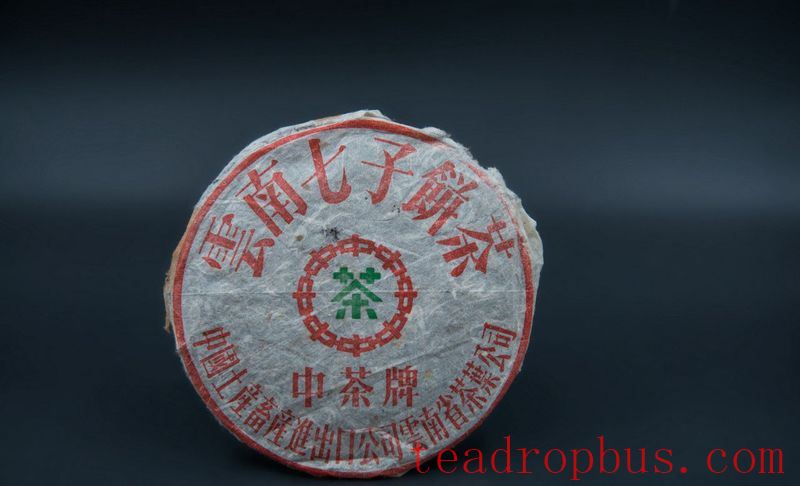
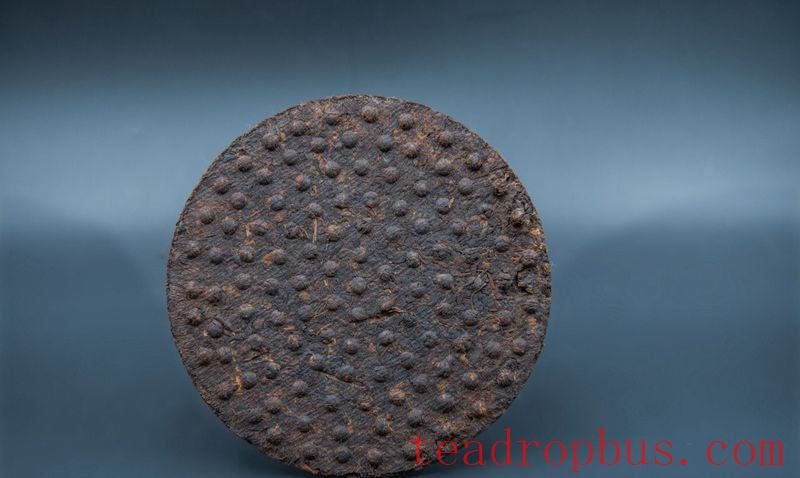
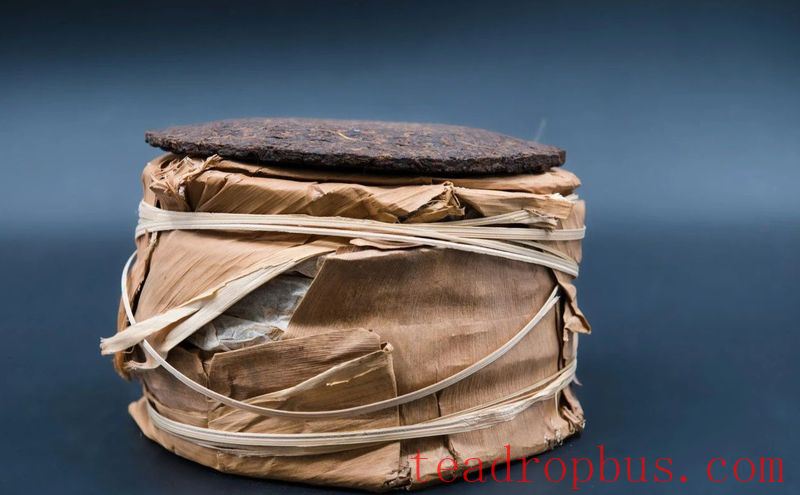
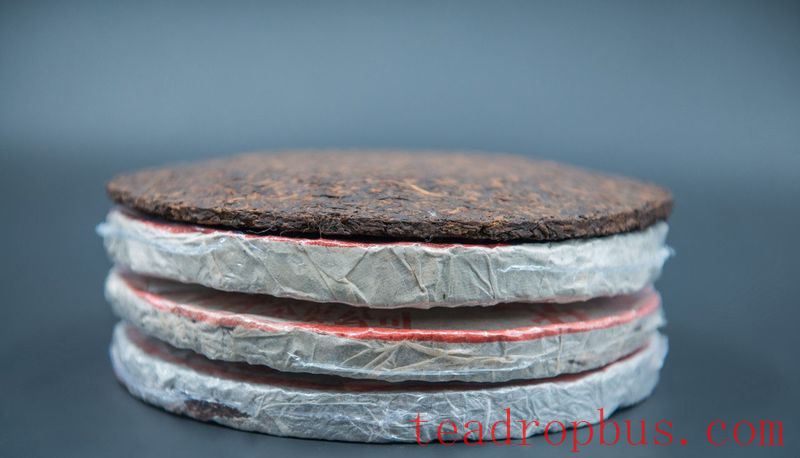

Two years later, Mr. Chang Jinqiang thought it was about time they could be released from storage. He tried the tea with high expectations but was disappointed to find that there was minimal change. With no other choice, he couldn't keep holding onto the stock indefinitely. In 1990, the 8663 iron disks were sent to Hong Kong and received by Chen Baohang of the Yunnan Port Tea Company. Chen Baohang was also at a loss with them. Despite his efforts to promote them, no one wanted them because they were too tightly compressed. This was also the first time a large batch of Xiaguan round teas appeared in Hong Kong, and the tea simply didn't sell. Eventually, Chen Baohang sold the batch of iron disks at a loss to a broker named Huang Jianguo, who reportedly found a buyer for them.
After this incident, Mr. Chang Jinqiang never placed another production order for iron disks with the Xiaguan Tea Factory. It wasn't until after 1996, with the end of the planned economy era and the gradual opening up of the domestic market, that the Xiaguan Tea Factory began producing some iron disks for the domestic market. Therefore, the Xiaguan Tea Factory-produced iron disks (Qi Bian Seven Sons Round Tea) with a certain age and quantity available on the market today are mostly from the late 1990s to the early 21st century.
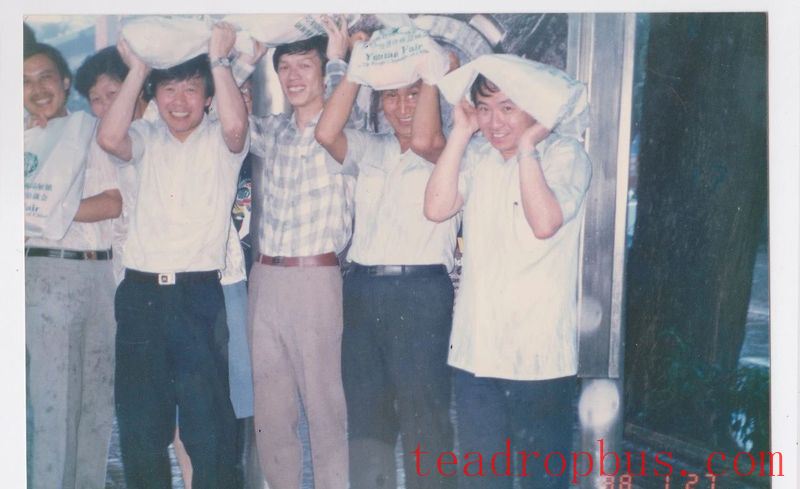
In 1988 in Singapore, Mr. Chang Jinqiang and the managers of various business units of the Yunnan Port Tea Company took shelter from the rain.
Mr. Chang Jinqiang showed us a 1988 8663 iron disk. The appearance of these iron disks was indeed different from what we commonly see. They were particularly tightly and thinly pressed, not straight-edged, but with a certain curvature on the front and edges. The back featured rounded nipples. This tea, now 30 years old, still looked brand new despite its tattered cotton wrapping. When weighed, it was only 333g, perhaps only this slight reduction in weight could prove that it had indeed gone through three decades of changes. Nowadays, an increasing number of tea enthusiasts recognize the benefits of iron disks, as they can preserve the most authentic taste of the tea for a long time.
Tracking the 88 Iron Disks
Where did this batch of 88 iron disks go? Mr. Chang Jinqiang saw them again in 2004 in Kunming. That year, a Taiwanese tea enthusiast surnamed Liao opened the “Da You Pu'er Tea Museum” near the Ethnic Village in Kunming, displaying various old Pu'er teas, which was quite popular at the time. Once, Mr. Chang Jinqiang was invited to visit and immediately recognized the troublesome iron disks. Their